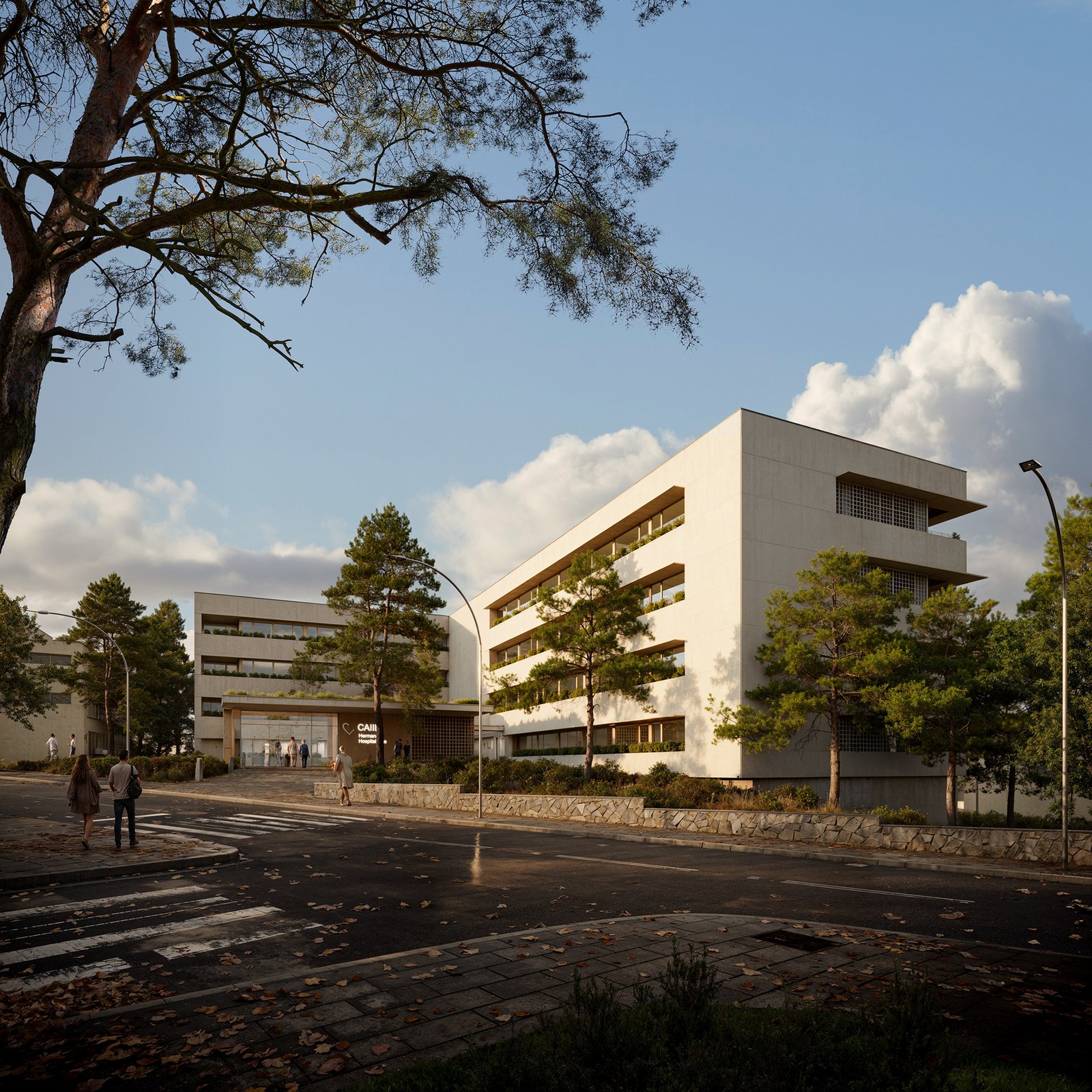
ACCO Sustainable Hospital Design in Pakistan: The Path to Green Healthcare Facilities
ACCO is leading the charge in sustainable hospital design in Pakistan, setting new benchmarks for green healthcare facilities. Sustainable hospital design is increasingly becoming a priority as the healthcare sector recognizes the need for energy-efficient, environmentally friendly, and resource-conscious facilities that also enhance patient care.
Key Elements of ACCO’s Sustainable Hospital Design:
1. Energy Efficiency
- ACCO focuses on reducing hospitals’ energy consumption through the incorporation of advanced HVAC systems, LED lighting, and building automation systems that monitor and regulate energy usage. Hospitals are designed to minimize heat loss and maximize natural lighting, cutting down on electricity consumption.
2. Renewable Energy Integration
- Many of ACCO’s hospital designs incorporate renewable energy sources like solar power. Photovoltaic panels are installed on rooftops and around the facilities to provide a sustainable energy supply, reducing dependence on traditional fossil fuels and lowering operational costs.
3. Water Conservation Systems
- Water-saving technologies are a central feature of ACCO’s designs. This includes rainwater harvesting systems, greywater recycling for non-potable uses such as landscaping and cleaning, and low-flow plumbing fixtures that significantly reduce water consumption.
4. Eco-Friendly Building Materials
- ACCO emphasizes the use of sustainable and eco-friendly building materials in hospital construction. This includes materials that have low embodied energy, are locally sourced to reduce transportation emissions, and are non-toxic, ensuring a healthier indoor environment for patients and staff.
5. Green Building Certifications
- ACCO aims to achieve green building certifications like LEED (Leadership in Energy and Environmental Design) for its hospital projects. This involves meeting rigorous sustainability criteria across energy efficiency, water usage, materials, and indoor environmental quality, putting Pakistani hospitals on par with global green healthcare facilities.
6. Waste Management and Recycling
- Hospitals designed by ACCO feature effective waste management systems, including medical waste segregation and disposal units that comply with international environmental standards. Recycling programs for paper, plastics, and metals are integrated into the operational workflow, reducing the environmental footprint of healthcare services.
7. Improved Indoor Air Quality
- Indoor air quality is a key focus, with ACCO incorporating advanced ventilation systems that filter pollutants and control humidity levels, ensuring a healthier environment for both patients and staff. The use of non-toxic materials also helps in minimizing indoor air contaminants.
8. Biophilic Design for Healing
- Biophilic design elements, such as the integration of natural light, green spaces, and indoor plants, help improve patient recovery times and reduce stress. These design choices also contribute to energy savings by reducing the need for artificial lighting and cooling.
9. Modular Design for Future Adaptability
- ACCO incorporates modular and flexible spaces in hospital design that can be adapted to future needs without requiring major construction. This reduces the environmental impact of renovations and expansions, contributing to the hospital’s long-term sustainability.
10. Sustainable Landscaping
- The outdoor environment of hospitals is designed with sustainability in mind. This includes drought-resistant landscaping that minimizes water usage, and green roofs that help insulate buildings while creating natural habitats. Such practices contribute to the overall ecological balance of the area.
Benefits of Sustainable Hospital Design:
- Reduced Operational Costs: Sustainable design elements help reduce energy and water consumption, significantly lowering operational costs over time.
- Enhanced Patient Care: Sustainable hospitals with better air quality, natural light, and eco-friendly materials create healthier environments that promote patient healing and well-being.
- Environmental Responsibility: These designs reduce the carbon footprint of hospitals, making healthcare facilities more environmentally responsible and reducing their impact on local ecosystems.
- Future-Proofing: By incorporating adaptable and resilient design features, ACCO ensures that hospitals remain sustainable and functional as healthcare needs evolve.
Conclusion:
ACCO’s commitment to sustainable hospital design is paving the way for a greener future in Pakistan’s healthcare sector. By focusing on energy efficiency, renewable resources, water conservation, and environmental stewardship, ACCO is not only reducing the environmental impact of hospitals but also enhancing patient care and reducing long-term operational costs. This approach is critical for building healthcare infrastructure that is resilient, adaptable, and aligned with global sustainability goals.
4o

